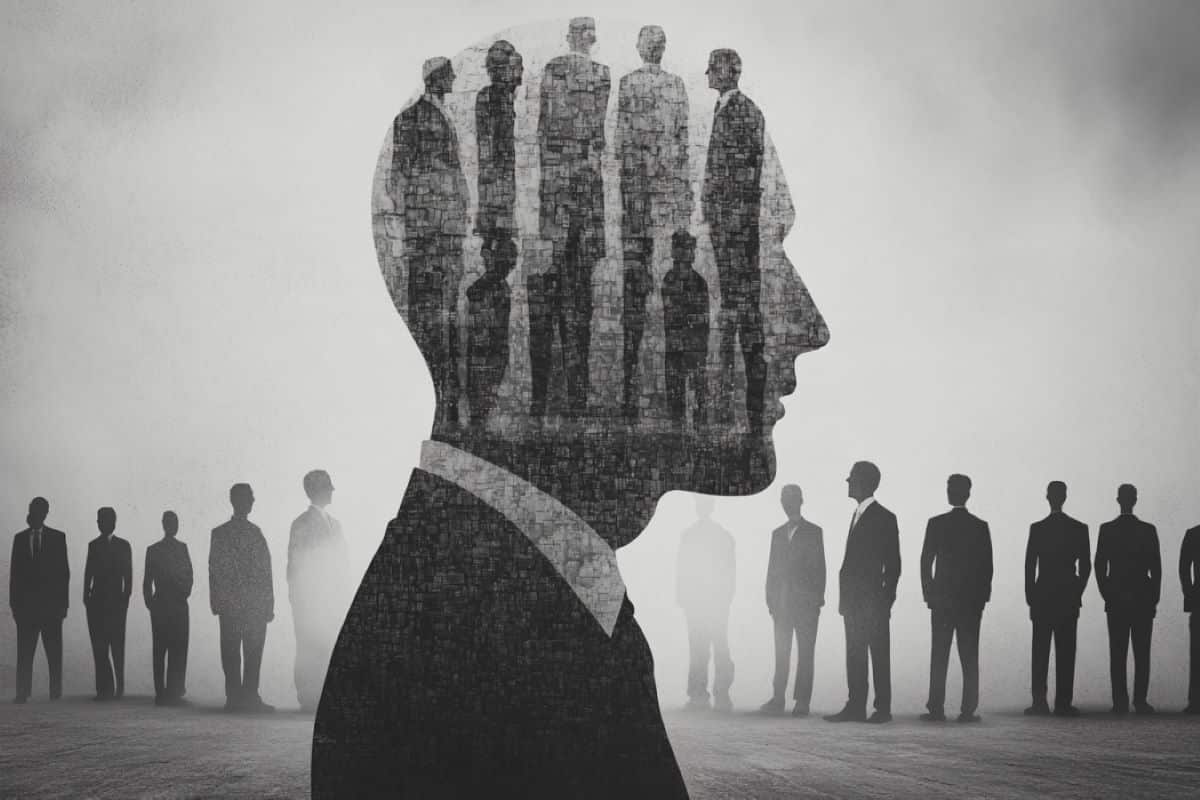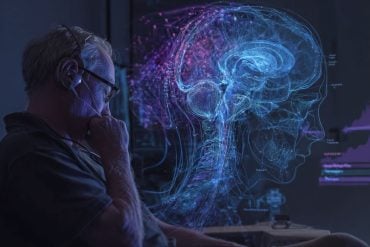Summary: Increasing knowledge can lead to negative outcomes when individuals use it for self-interest rather than collective good. Researchers argue that enhanced knowledge can reduce cooperation among rational individuals, potentially worsening overall welfare.
In a theoretical model, introducing more options or deeper understanding can result in poorer outcomes, similar to the Prisoner’s Dilemma. The study highlights the need for preemptive policies and safeguards to mitigate potential negative impacts of scientific advancements.
Key facts
- Increased knowledge can lead to self-interested behavior, reducing group welfare.
- In theoretical models, more knowledge can result in worse outcomes, akin to the Prisoner’s Dilemma.
- The study suggests that preemptive policies are necessary to mitigate negative impacts of scientific advancements.
Source: Cornell University
A new study finds an increase in knowledge could be a bad thing when people use it to act in their own self-interest rather than in the best interests of the larger group.
Cornell University economics professor Kaushik Basu and Jörgen Weibull, professor emeritus at the Stockholm School of Economics, are co-authors of “A Knowledge Curse: How Knowledge Can Reduce Human Welfare,” published Aug. 7 in Royal Society Open Science.
According to the pair, even for a group of rational individuals, greater knowledge can backfire. And, they said, enhanced knowledge about an existing reality – such as the cost-benefit of wearing a face mask to help prevent the spread of disease – may hinder cooperation among purely self-interested individuals.
“We assume that a scientific breakthrough that gives us a deeper understanding of the world can only help,” said Basu.
“Our paper shows that in the real world, where many people live and strive individually or in small groups to do well for themselves, this intuition may not hold. Science may not be the panacea we take it to be.”
Basu and Weibull build the case – with modeling in a theoretical two-player Base Game – that the “knowledge curse” can happen if, at first, only a few people are privy to the greater knowledge.
In the Base Game, each player has two actions to choose from. There are four combinations of actions, each with expected payoffs to both players. Each player chooses to maximize their own payoff.
However, if another set of options is added that introduces the chance that the other player would get nothing, along with an option of a very small payoff for both, the mutual small reward becomes more appealing – a form of the Prisoner’s Dilemma, in which two “prisoners” can either cooperate for mutual benefit or betray their partner for individual reward. In other words, more “knowledge” can lead to worse overall outcomes.
The paper goes further and shows that a scientific breakthrough that does not add any new option but simply deepens the players’ understanding of the payoffs and their fluctuations can make the players worse off.
The authors extend their theoretical calculations into real-world dilemmas, such as crafting policy without knowing the full contours of a problem. The drafting of a nation’s constitution, for instance, must anticipate and address problems likely to occur well into a future with unknowable sets of circumstances.
“Such preemptive laws have conferred large benefits to humankind,” the authors wrote.
“By drawing attention to this paradoxical result,” Basu said, “the paper urges policymakers and even the lay person to think of preemptive actions, agreements and moral commitments that we as human beings should take and make to avert disasters that future scientific advances can cause.
“Science can yield huge benefits, but we need safeguards,” he said. “What those are, we do not know. But the paper urges us to pay attention to this.”
Funding: Funding for this research came from the Jan Wallander and Tom Hedelius Foundation.
About this social neuroscience research news
Author: Kaitlyn Serrao
Source: Cornell University
Contact: Kaitlyn Serrao – Cornell University
Image: The image is credited to Neuroscience News
Original Research: Open access.
“A Knowledge Curse: How Knowledge Can Reduce Human Welfare” by Kaushik Basu et al. Royal Society Open Science
Abstract
A Knowledge Curse: How Knowledge Can Reduce Human Welfare
Greater knowledge is always an advantage for a rational individual. However, this article shows that for a group of rational individuals greater knowledge can backfire, leading to a worse outcome for all.
Surprisingly, this can happen even when new knowledge does not mean the discovery of a new action but simply provides a deeper understanding of the interaction at stake. More specifically, enhanced knowledge about the current state of nature may hinder cooperation among purely self-interested individuals.
The paper describes this paradoxical possibility—a ‘knowledge curse’—and analyses the evolutionary process that occurs if, initially, only a few people have access to the greater knowledge. It concludes with a tentative comment on ways to avert this potential knowledge backlash.







